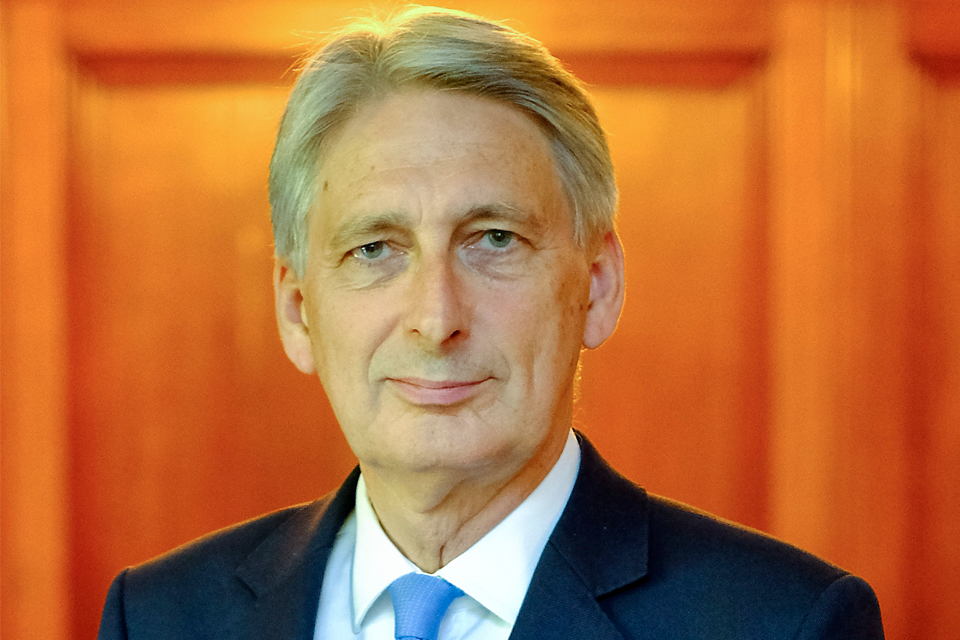Economic regulation of airports
Explains our plans to reform the framework for the economic regulation of UK airports to ensure their financial resilience.

In the Queen’s speech the government announced its intention to reform the framework for the economic regulation of airports. Today (21 July 2010) I am announcing the direction of our proposals.
The government has previously announced that it does not support the construction of a third runway at Heathrow airport nor additional runways at either Stansted or Gatwick airports. Instead, it is the government’s intention to make these airports better and not bigger, delivering better outcomes for passengers without additional runways.
To deliver operational improvements at these airports I have recently announced the creation of the South East Airports Taskforce and that group has already begun its work.
I plan to introduce a new set of duties for the Civil Aviation Authority’s (CAA) economic regulation of airports which will put the interests of passengers unambiguously at the heart of the regime. Under these proposals the CAA’s primary duty will be to promote the interests of existing and future passengers.
Where regulation is necessary it must be proportionate. Airports vary in size and market power and therefore should not be subject to identical regulation. To allow economic regulation to be used in a targeted way I plan to introduce a new licensing regime to be applied only to airports with substantial market power and where such regulation adds real value. We presently expect this regime will apply initially to Heathrow, Gatwick and Stansted airports.
Airports subject to economic regulation by the CAA need to operate efficiently and effectively and I am clear that significant investment will be required if passengers’ expectations are to be met. The proposals I am outlining today are to reform the framework for airport economic regulation to drive passenger-focussed investment in better facilities such as baggage handling equipment or terminal improvements. These proposals will allow economic regulation to be used in a more targeted way to deliver passengers’ priorities and will remove unnecessary bureaucracy and political involvement from the regulatory process.
In order to ensure the financial resilience of UK airports, I will also introduce a supplementary financing duty and minimum credit worthiness requirements as well as ring fencing conditions where there is a net benefit in introducing such measures, and require the preparation of plans for continuity of service should an airport operator get into financial difficulties.
All too often, regulation can crowd out commercial incentives to make improvements, so I intend to provide the CAA with the option, where appropriate, to respond to anti-competitive behaviour using competition law powers rather than by applying its regulatory tools. I propose to bring airport economic regulation into line with other regulated sectors of the economy by granting the CAA concurrent powers with the Office of Fair Trading. This will enable the CAA to investigate and remedy anti-competitive behaviour in the provision of airport services at airports, and where appropriate to make referrals to the Competition Commission for investigation. Supporting competition in this way may, in time, allow the regulator to gradually loosen its regulatory grip.
Effective enforcement is critical to the efficiency of any regulatory system. To bring airport economic regulation into line with other regulated sectors of the economy I plan to introduce civil sanctions, including financial penalties, for the CAA to enforce licence conditions, creating a more efficient and responsive enforcement regime.
An efficient and credible appeals mechanism is necessary to ensure a regulator is accountable. Under the current regime, persons with sufficient interest may apply for judicial review of the CAA’s decisions. The industry is unanimous in its view that judicial review alone is an unsuitable process for providing accountability. The option to apply for judicial review must remain, but I propose to introduce a system for merit-based appeals, to a body with relevant expertise, against certain decisions taken by the regulator. This new system will apply to appeals against decisions on which airports should be regulated and to appeals arising out of contested licence modifications, including new price controls.
After careful consideration, I have decided not to give a new remit to Passenger Focus to represent air passengers as had previously been proposed. Whilst it is important to have strong passenger representation, this is not the time to be make additional structural changes which would add to the regulatory burden on industry. I will therefore be exploring options for strengthening existing passenger representation arrangements.
I am also publishing today analysis of responses to further consultations on certain detailed provisions relating to financial resilience of operators and to concurrency powers. Copies have been placed in the library of the House.